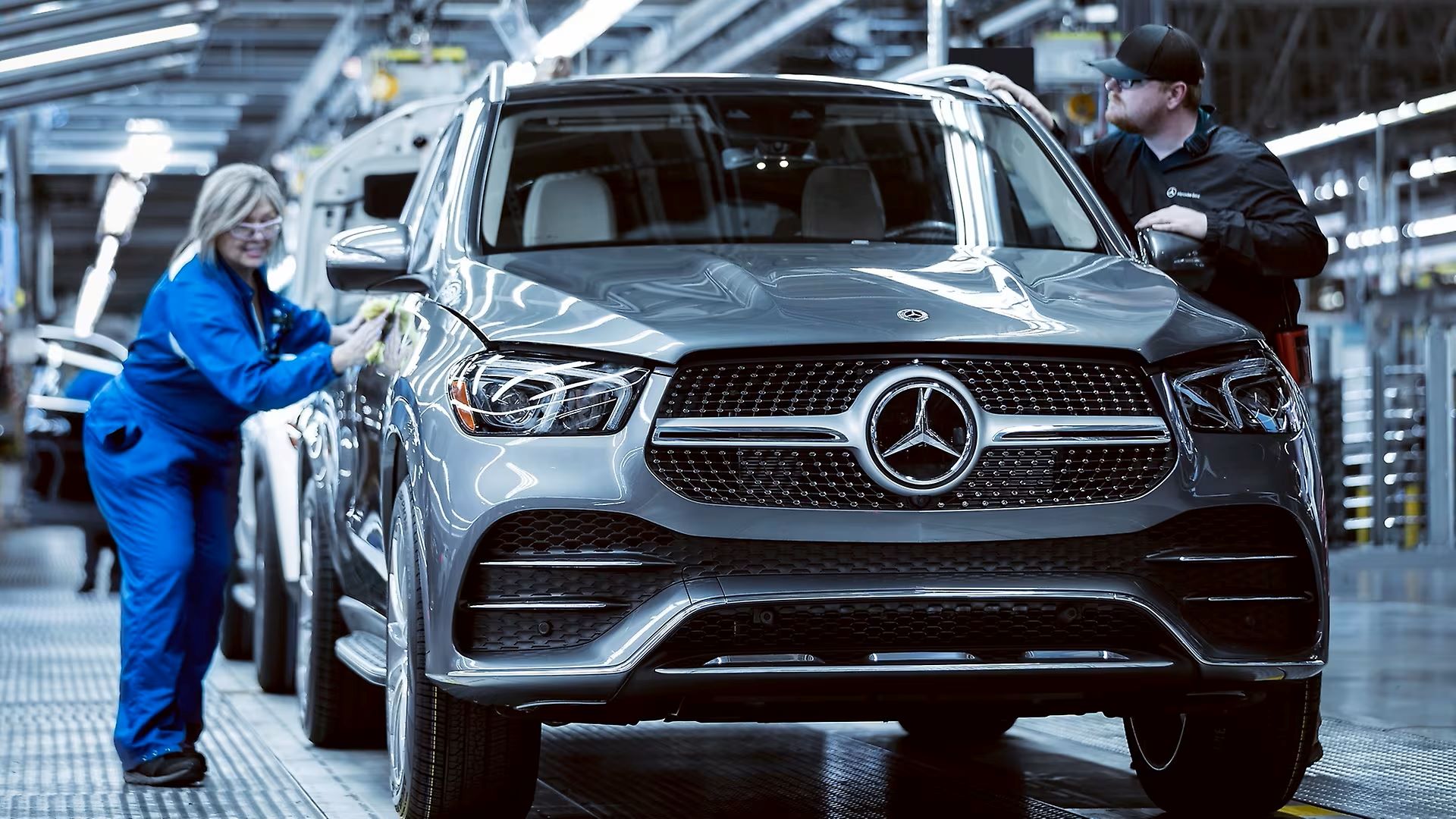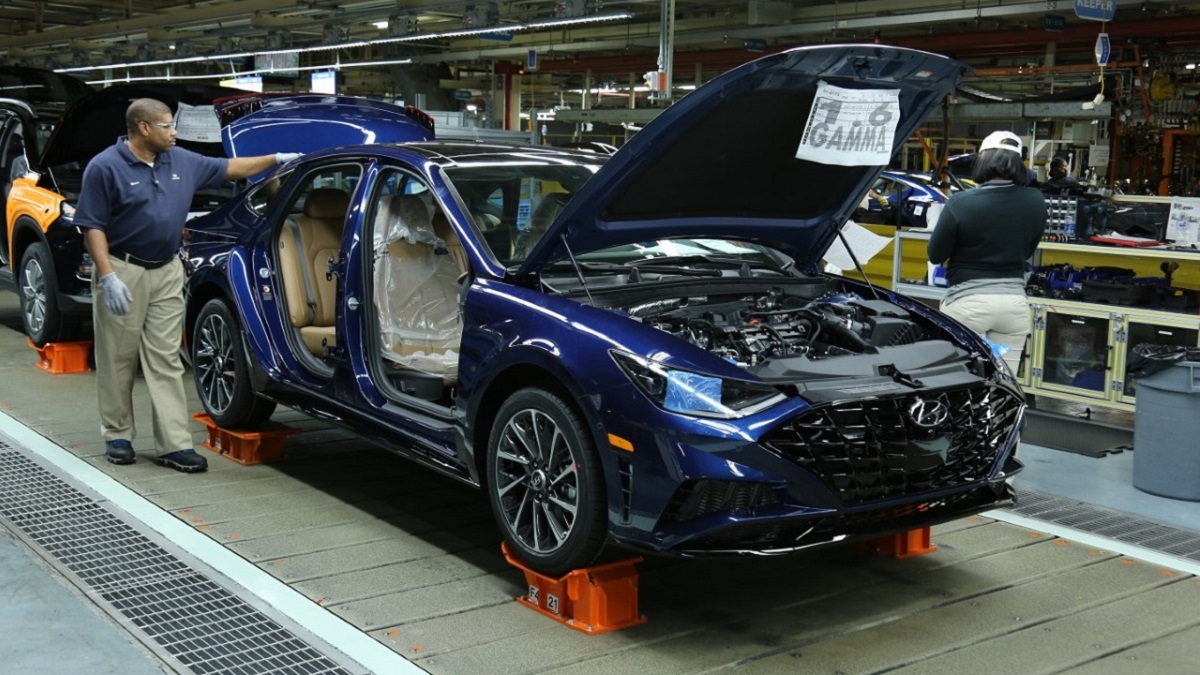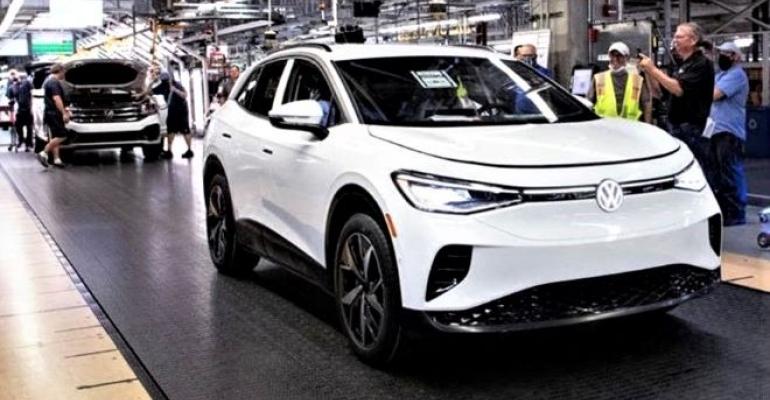The UAW’s years-long effort to organize auto workers at the Volkswagen of America plant in Chattanooga, TN, takes a major step forward.
The union claims more than 50% of the complex’s 4,000 hourly workers have signed cards indicating they want UAW representation. Upon reaching 70%, the union says it will either seek recognition from VW as the workers’ bargaining agent or seek an election supervised by the National Labor Relations Board.
While the UAW has said it seeks to organize all nonunion auto plants in the U.S., most of them in the South, Chattanooga may provide the union with its best opportunity.
Workers voted 712-626 against unionization in 2014, three years after the plant opened. A group of about 160 maintenance workers voted to join the UAW in 2015 but VW refused to bargain with them, saying all hourly workers should be allowed to vote. A plant-wide election held in 2019 failed by a 52%-48% margin, 833-776.
The UAW is making speed one of the hallmarks of its latest campaign. Previous union drives in the South faltered when the UAW failed to capitalize on employees’ enthusiasm for the union, according to observers such as Timothy Minchin, an Australian history professor who has traced global automakers’ development in the U.S.
When the union recently endorsed incumbent President Joe Biden for re-election over Donald Trump, UAW President Shawn Fain blamed legal delays employed by VW, aided by a National Labor Relations Board stocked with Trump appointees, for the failure of the 2019 vote at Chattanooga.

Volkswagen is the first nonunion auto plant in the U.S. to publicly announce majority employee support among the approximately two dozen factories where workers have begun organizing in recent months. The grassroots effort seeks to build on the UAW’s success last fall in winning significant improvements in salaries and benefits from the Detroit Three automakers: General Motors, Ford and Stellantis.
“We respect our workers' right to decide the question of union representation. And we remain committed to providing accurate information that helps inform them of their rights and choices,” says VW spokesman Michael Lowder.
The UAW claims it also is making inroads among workers at the Hyundai plant in Montgomery, AL (pictured, below), and the Mercedes-Benz plant in Tuscaloosa, AL (pictured, above). The union says at least 30% of hourly workers at both complexes have signed union representation cards.
In a new video, “Montgomery Can’t Wait,” Hyundai workers speak out in personal terms about the need for union representation. The video also illuminates the issues that the UAW hopes will power the organizing drive across the South such as substandard wages and health-care and retirement benefits, as well as discrepancies between the pay of white and Black workers in many plants.
The union also hopes to tap into frustration with a hard-nosed management style on the shop floor that seems to prevail now in the southern plants.

“I’m getting close to retirement and the company has literally broken me down,” says Drena Smith, a team member who has spent most of her 19 years at Hyundai in the paint shop and has had rotator cuff surgery on both shoulders and carpal tunnel surgery on one hand.
“We need compensation for that when we retire. Not just a cake and a car discount for a car we can’t afford to buy because we won’t have any income. We need a real retirement; we need to win our union,” Smith says in one of the UAW videos.
A Hyundai spokesperson declines comment on the UAW organizing effort.
University of California-Berkeley labor analyst Harley Shaiken says auto workers in the South have heard dire warnings about the UAW from state and local politicians for years, and he suspects they are going to have less of an impact on the current drive. Wages and working conditions still lag those in unionized plants and a new generation of workers appears more open to the UAW’s appeal.
“The excitement has been building, and now that we have reached 50%, it is just continuing to grow. New organizers are joining each day spreading our effort to every area of the plant,” says Zach Costello, an employee at VW Chattanooga. “Just because we are in the South, it does not mean that our work is worth less, that our benefits should be diminished, or that we don’t have rights.
“All workers should have a voice, and I hope the success that we’re having here is showing workers across the country what is possible.”





